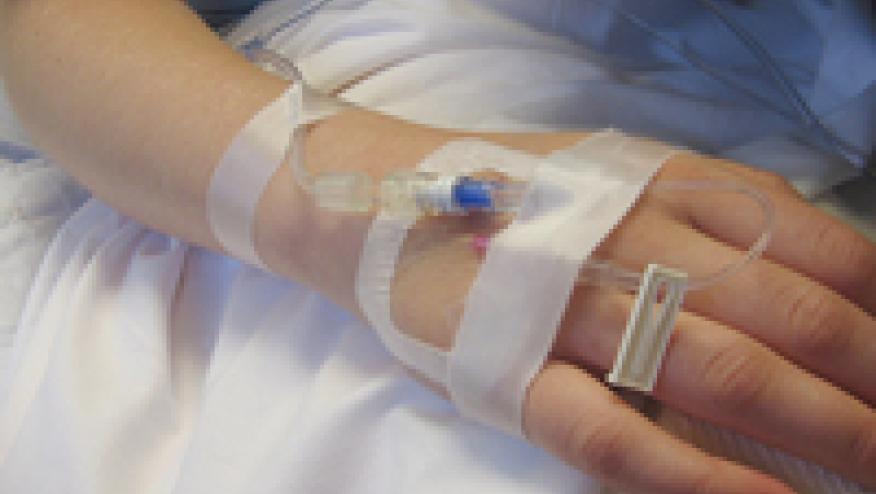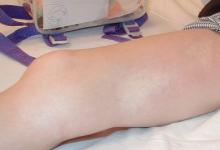SynBioSe: Combo Rituximab and Belimumab Succeeds in Severe Refractory Lupus Save

One of the driving pathogenic mechanisms in systemic lupus erythematosus (SLE) is the generation of immune complexes capable of inducing netosis (NET formation) and NET-derived DNA that may be an amplifying autoantigen and give rise to anti-nuclear autoantibodies (ANAs).
Researchers from Leiden University Medical Center in The Netherlands sought to target autoreactive plasma cells and interfere with immune complex formation and netosis in SLE by treating patients with a combination of rituximab (RTX) and belimumab (BLM).
The SynBioSe study was a 2A, open-label, single arm proof-of-concept study that treated 16 SLE patients who had severe, refractory disease despite aggressive immunosuppressive treatments. All had active disease with a mean SLEDAi of 18 and the majority had lupus nephritis and were on mycophenolate.
Patients underwent CD20-mediated B-cell depletion with rituximab (1000 mg on days 0 and 14) followed by belimumab 10 mg/kg (on days 28, 42, 56, and every 4 weeks thereafter). The protocol called for all to have their glucocorticoids (60 to 7.5 mg/day) and mycophenolate tapered (to zero). The study endpoints at 24 weeks examined SLEDAI scores, immunologic effects (autoantibodies, NET formation, etc) and safety outcomes.
As expected, they demonstrated a significant rise in BlyS levels following RTX therapy, which was subsequently diminished with belimumab treatment. RTX + BLM led to specific reductions in ANAs, autoantibodies and dimunution of NET formation.
Significant clinical improvement was also seen with a low lupus disease activity state achieved in 10 patients, renal responses in 11 patients and concomitant immunosuppressive medication (MMF) tapered in 14 of the 16 patients.
The trial was a highlight presentation from EULAR 2017 meeting and is now published in the Journal of Autoimmunity.
Combination therapy with RTX + BLM appears to effectively reduce autoantibodies and excessive NET formation, with significant clinical benefits in severe refractory SLE patients. Future studies with this intriguing combination are warranted.
ClinicalTrials.gov NCT02284984.










If you are a health practitioner, you may Login/Register to comment.
Due to the nature of these comment forums, only health practitioners are allowed to comment at this time.